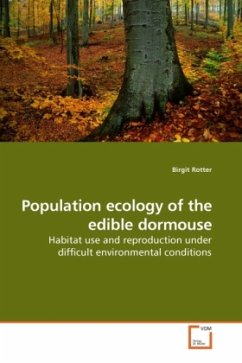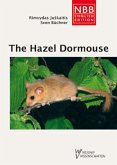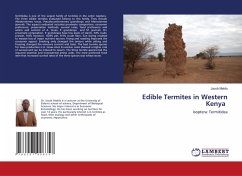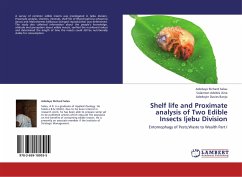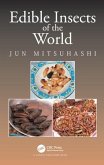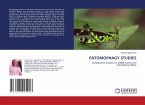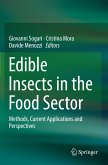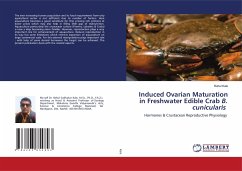Beech trees produce nutritious seeds at unpredictable intervals. Consumers of such pulsed resources are often generalists that exhibit population growth following a mast fruiting event. However, one mammal shows maybe uniquely distinct adaptations to seed production: The edible dormouse (Glis glis). Dormice are able to anticipate a future mast situation, allowing them to synchronize reproduction with high food availability or skip it entirely in the absence of seeds. Considering their strong adaptations, this study aims to investigate the influence of woodland composition on the species ecology. Which factors determine habitat use in the dormouse? How much is juvenile development influenced by food availability? The author Birgit Rotter used GIS technology to incorporate topographic features in the development of a species-habitat model. She combined large scale terrain characteristics with small scale habitat parameters measured around nest sites. Further, she presents data on body mass and reproduction at a climatically challenging site. The book addresses ecologists, wildlife managers, and others interested in small mammal biology.

